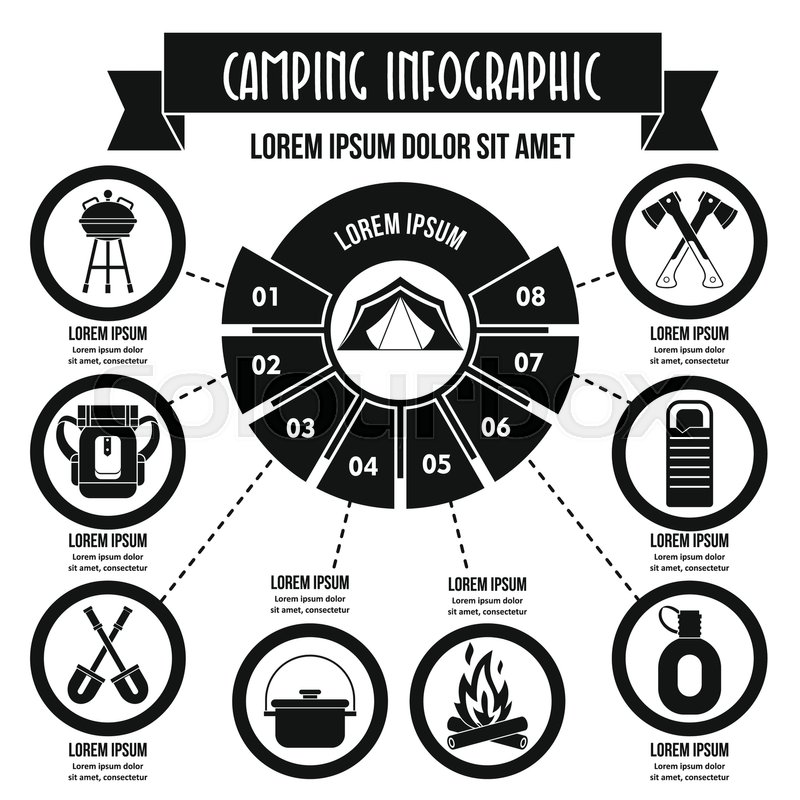Selecting the right structure material is vital for event camping tents. Whether it's covered steel for budget plan outdoors tents or plated light weight aluminum for sturdy applications, there are several considerations to keep in mind.
Steel frames prevail in lower-priced pop-up camping tents however are prone to corrosion despite having finishes and need regular upkeep. Light weight aluminum is lightweight, normally withstands rust, and stands up well in humid or coastal settings.
Steel
When it pertains to guaranteeing the resilience of personalized camping tents, the material made use of in their frameworks plays an essential duty. Steel and light weight aluminum alloys both offer costs sturdiness, but each deals special benefits that make it proper for different sorts of atmospheres. Steel is perfect for sturdy conditions, while light weight aluminum excels in resisting rust and reducing upkeep expenditures.
When event hosts pick the best outdoor tents for their requirements, they require to think about factors like anticipated weather conditions. As an example, frame outdoors tents frequently execute better in gusty or stormy problems than pole camping tents because they do not rely on a central post to support the framework. However, the links between framework items can compromise in high tension situations. Determining these weak points and carrying out normal inspections can assist avoid prospective damages.
Steel frames are difficult to reduce, weld or shape, which can need customized tools and boost labor costs. Furthermore, they often tend to rust or rust conveniently and may require added protection or finishings. In addition, steel is very hefty and can create issues when carrying a cover. It's additionally challenging to save for extended periods of time since it uses up extra space than aluminum structures.
Light weight aluminum
Aluminum is a prominent framework product for canopy tents since it's light-weight, rust-resistant, and very easy to transfer and set up. It additionally gives a more stable shelter throughout gusty problems than steel structures. Aluminum is less susceptible to tearing and any type of damages can be conveniently fixed, lengthening the life of the outdoor tents. It also breathes to decrease condensation and uses premium acoustic insulation to dampen outside noise.
The sturdiness of light weight aluminum framework outdoors tents is better enhanced by the natural oxidation homes of the metal. It produces a small oxide layer that shields the surface area from deterioration and discolorations. As such, the longevity of an aluminum pop up tent can be improved even further when the frame is anodized.
Anodized light weight aluminum is stronger than steel and can hold up against high wind rates. On top of that, the coating resists corrosion and stains, expanding the life-span of the outdoor tents. Moreover, plated light weight aluminum is recyclable and lasting, making it excellent for organizations looking for LEED qualification. The mix of these residential properties makes light weight aluminum a much more economical choice than steel for large, heavy-duty tents, such as those made use of to suit commercial devices and storehouse stock. Steel, on the other hand, is much more costly due to the fact that it needs expensive alloys such as nitrogen, molybdenum, and chromium to enhance toughness.
Iron
Iron structure camping tents usually last as much as 15 years if the right care and upkeep is used. This includes routinely cleaning textile and evaluating steel components for corrosion and wear. By taking these actions, occasion hosts can take full advantage of the dependability of their frames and guarantee their continued performance in tough settings.
Steel is an optimal material for creating long lasting camping tents, especially for usage in extreme climate condition. It is a solid, strong, and cost effective material that offers security and durability for a wide variety of applications. Nonetheless, steel is prone to rusting in damp and coastal settings. The addition of safety finishes and routine upkeep can assist to mitigate this threat, however these initiatives boost overall upkeep costs.
On the other hand, aluminum is a more long lasting choice for a personalized camping tent due to its all-natural oxidation properties. When anodized, aluminum ends up being super-strong and up to 3 times harder than typical aluminum alloys. This makes plated aluminum the second-hardest material next to ruby (satellites, aircraft, and armed forces vehicles all utilize anodized aluminum). Along with its durability, plated light weight aluminum is likewise extra resistant to corrosion than steel. These factors make light weight aluminum an excellent option for turn up canopy outdoors tents and contribute to their capability to lug longer guarantees (5, 7, and also lifetime framework service warranties). Additionally, light weight aluminum is 1/3 the weight of steel shoulder bag allowing for a much thinner framework layout for more personalization alternatives and enhanced toughness.
